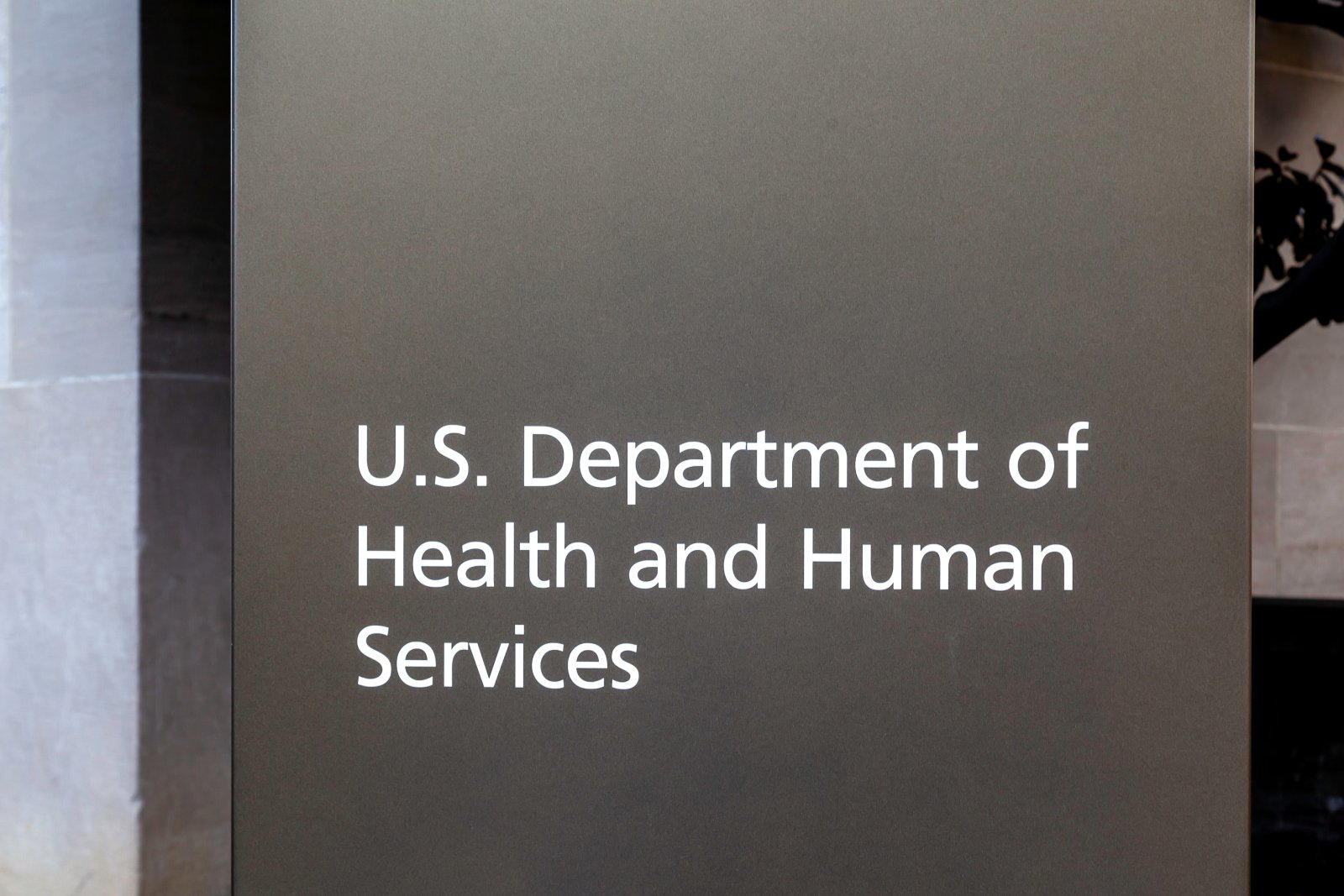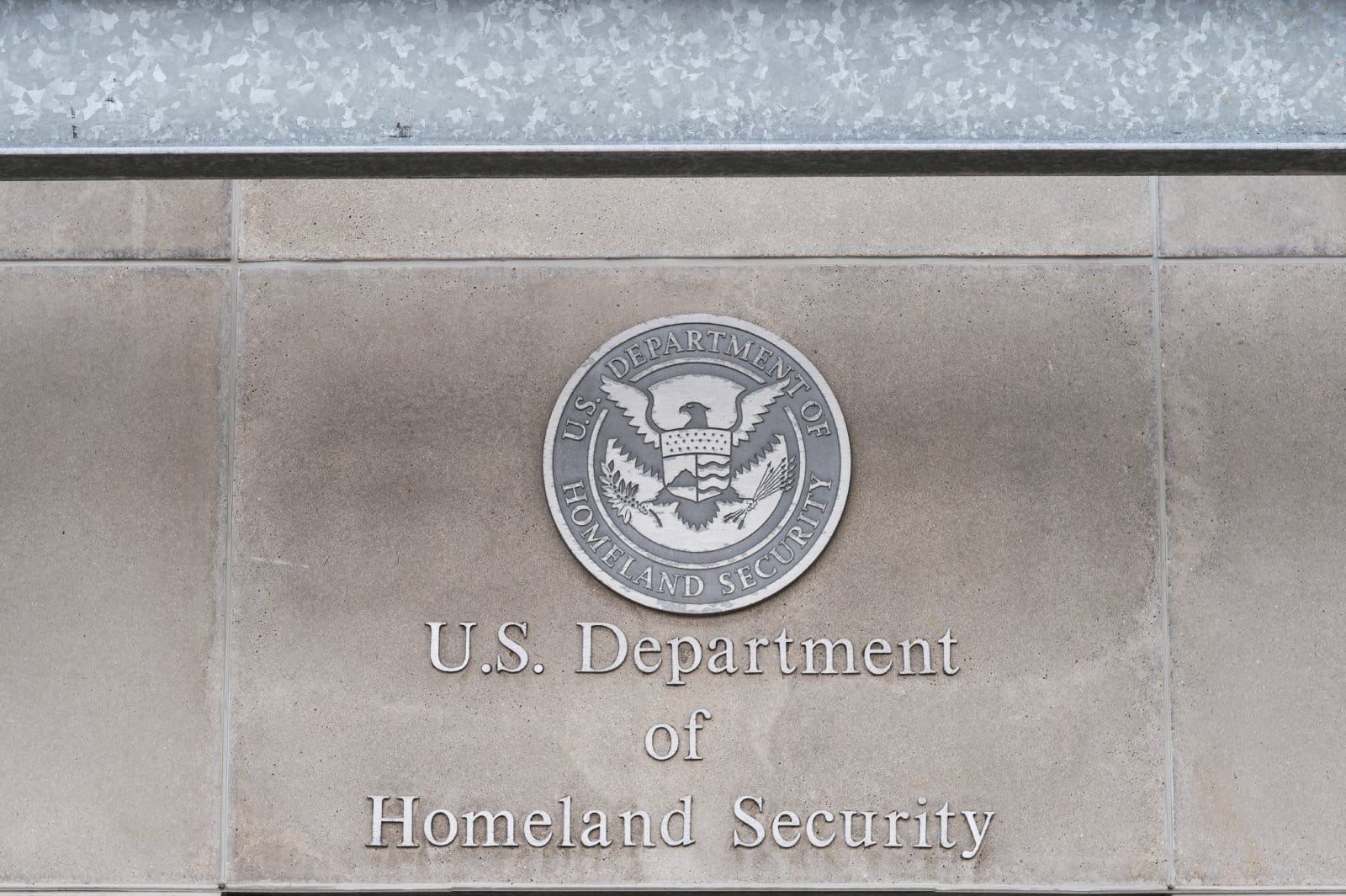A new study by the U.S. Department of Health and Human Services (HHS) reveals that refugees and asylees contributed a net fiscal impact of $123.8 billion to the U.S. government over 15 years. Despite these contributions, legislative inaction, including the failure of the Emergency National Security Supplemental Appropriations Act of 2024 due to Republican opposition, has led to a significant budget shortfall for DHS.
Economic Contributions and Fiscal Impact

A new study from the U.S. Department of Health and Human Services (HHS) Office of the Assistant Secretary for Planning and Evaluation (ASPE) claims refugees and asylees had a positive net fiscal impact of $123.8 billion on the U.S. government over a 15-year period, with their contributions significantly outweighing governmental expenditures on their behalf.
Substantial Benefits

The contributions made through taxes by refugees and asylees amount to an estimated $581 billion in revenue to all levels of government, illustrating the substantial economic benefits of integrating these populations into American society.
Breaking down the Numbers

The net fiscal benefit to the federal government was estimated at $31.5 billion and approximately $92.3 billion to state and local governments, emphasizing the importance of these populations to the fiscal health of governments at all levels.
Legislative Developments

Despite these positive impacts, there has been an introduction of the Emergency National Security Supplemental Appropriations Act, 2024, which aims to address border security and the asylum process, reflecting bipartisan efforts to reform immigration policy in response to high levels of encounters at the U.S.-Mexico border.
Key Provisions

Key provisions of the bill, developed in response to Republican demands, included establishing a new asylum process, limiting parole for migrants, and increasing the standard for initial asylum screenings, indicating an attempt to balance humanitarian concerns with security measures.
Legislation Inaction

The failure of the bill due to Republican opposition led to a significant budget shortfall for DHS, including ICE and CBP, highlighting the direct impact of legislative inaction on the operational capacity of these agencies to manage migration flows and maintain border security.
Impact of Migrant Crisis

DHS faced a forecasted budget shortfall of over $500 million, indicating potential operational constraints that could affect its ability to manage an increase in migrant flow across the border and maintain the status quo.
Lack of Funding

Cities like Chicago, New York, Denver, Los Angeles, and Boston, which have experienced a surge in newly arrived migrants, were to receive $1.4 billion from the bill to support integration efforts.
Jeopardizing the Community

The lack of supplemental funding jeopardizes these supports, underlining the interconnectedness of federal policy, local government needs, and community well-being.
Broader Problems

The operational challenges, including the potential for fewer arrests, detentions, and deportations, underscore the broader security, economic, and social implications of immigration policy and funding decisions.
Socio-Economic Implications

The positive fiscal impact of refugees and asylees, combined with the challenges posed by funding shortfalls and legislative hurdles, underscores the economic benefits and complexities of immigration in America.
Future Research

The call for future research into the impact of different groups of refugees and asylees suggests a continuous effort to better understand and optimize the contributions of these populations to American society.
A Tense Situation

Regardless of personal views on America’s migration situation, the narrative around immigration policy and its fiscal implications reflects tension.
This tension exists between recognizing immigrants’ economic and social contributions and the logistical, financial, and political challenges of managing migration and integrating new arrivals.
The post Immigrants Contribute $123 Billion to US Government – Why Do DHS Budget Shortfalls Persist? first appeared on Swift Feed.
Featured Image Credit: Shutterstock / Christopher Penler.

